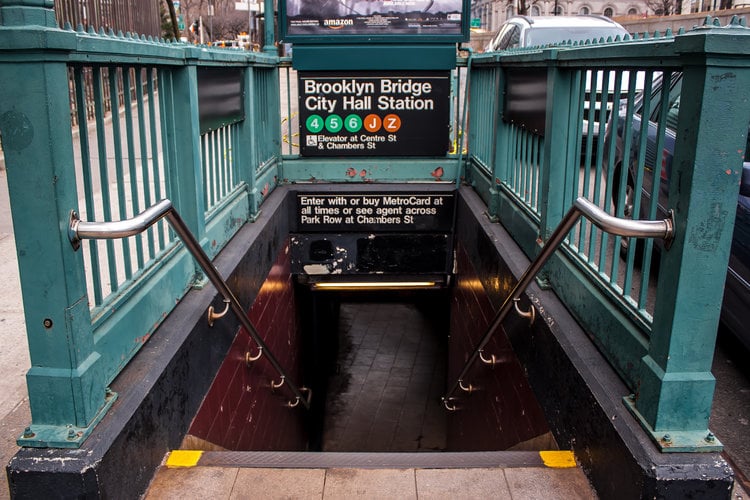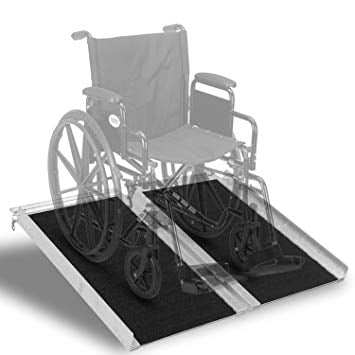
Getting around New York is a challenge everyone in a wheelchair has to face. Using a portable aluminum wheelchair ramp is helpful, but there’s a great need for the city to become accessible for all.
Continue reading The New York Subway: Why it’s Inaccessible for People in Wheelchairs

